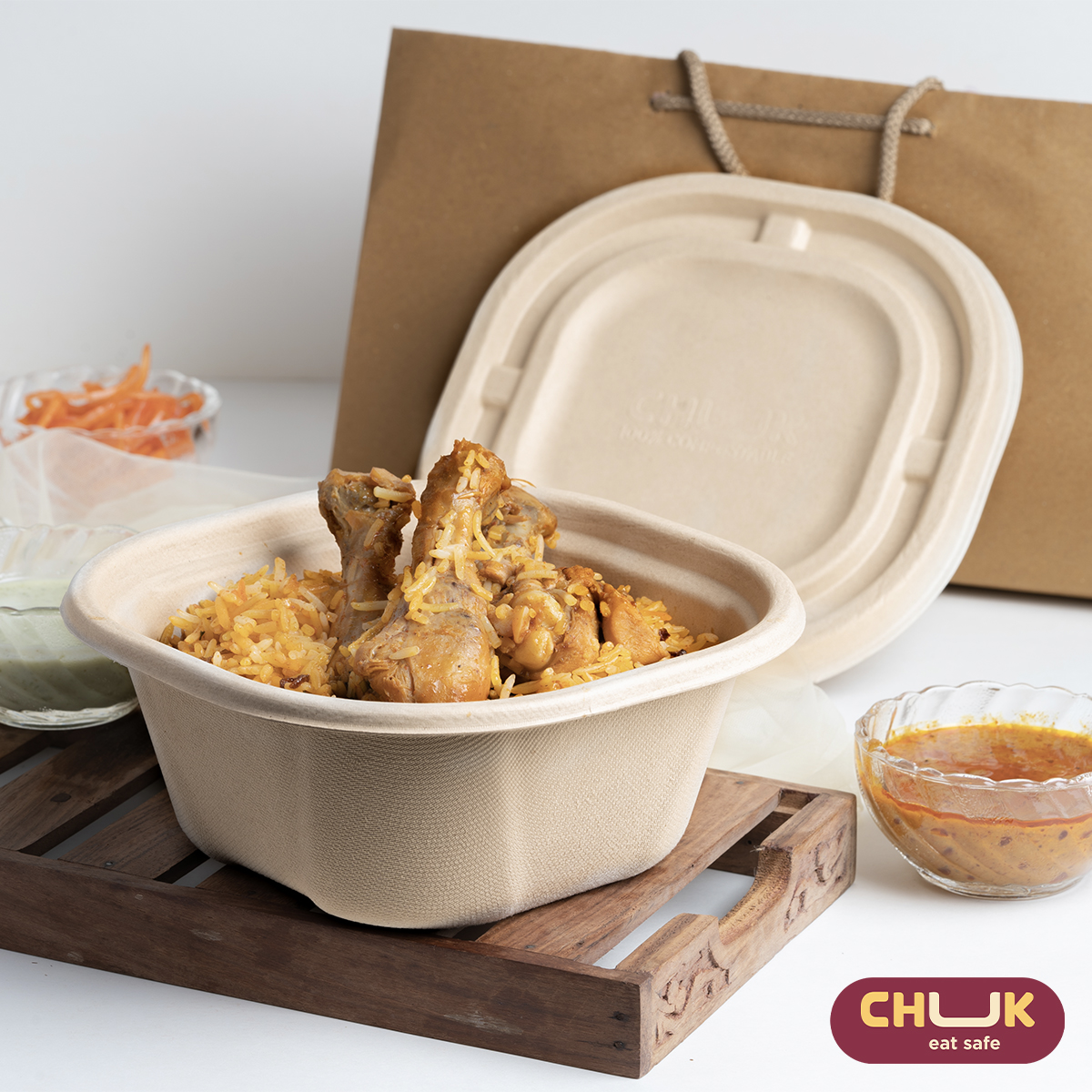Let’s start with facts! Did you know that 64% of customers are willing to pay extra for sustainable products? Sustainability is not just a passing trend; it is the one trend that will outlast all others in the market. According to Food Business News, sustainability is an essential consideration for around 80% of people when shopping for groceries or choosing restaurants.
When it comes to sustainability, some people believe that being sustainable will drain your resources. However, integrating sustainable practices, whether you have a virtual restaurant or QSR chain, can not only improve your margins but also streamline your restaurant’s daily operations.
To ease out this transition, here are 10 tips to reduce food waste in your restaurant’s food business.
-
Become a sherlock and conduct a weekly audit
Wasting food, whether you run a virtual restaurant or a physical one, is not ideal. Food wastage not only contributes to about 22% of landfill waste (as per the EPA report) but also significantly impacts your expenses. According to experts, a food waste audit can assist in identifying the following gaps:
- Quantity of food wastage that could be utilized for donation.
- Types of food being wasted
- Adjustment of your food business’s inventory
- Reduction of waste leading to a positive outcome
-
Opt for Sustainable Packaging
Let me share a valuable insight—people nowadays have a strong preference for sustainable packaging. Anything that is recyclable, compostable, or environmentally friendly in terms of packaging is highly sought after. Customers often look for information on sustainable packaging, either through labels or stickers on the packaging. Chuk’s 100% compostable tableware, made from sugarcane residue known as bagasse, offers an eco-friendly solution. These products are fully compostable, returning to the soil within 180 days. Setting up a compost bin at your business location can enable you to create your own organic fertilizer. To learn more about Chuk, click here
-
Portion Control and Flexibility
Help customers make choices that reduce waste. How about offering half-portions, encouraging sharing, and being open to substitutions? This approach leads to less food leftover on plates and aligns with customers’ preferences.
-
Save with Efficient Rinse Valves
Are you aware of the recurring water crises in various Indian cities during the summer months? As a business owner, it’s essential to ensure every drop of water is conserved. You can lower water consumption by:
- Upgrading to efficient pre-rinse spray valves
- These valves use 20% less water, aiding in water conservation.
- Reusing kitchen water in your garden or backyard
- Encouraging customers to fill glasses according to their needs.
-
Relationship with Suppliers
Get on good terms with your suppliers – they’re key to managing your inventory like a pro. They can tip you off on the right stock levels and give you a hand with smart buying choices.
-
Staff Training in Waste Reduction
Your team is your ace in the hole in the battle against food waste. Getting them to be more aware and proactive can seriously cut down on kitchen waste. Here are some additional tips of staff training:
-
Inform and Involve
Teach your team about how food waste affects the environment and encourage them to help find solutions. They might have insights from their experience that you haven’t thought of.
-
Optimize Kitchen Processes
Make sure portion sizes and prep methods are standardized to cut down on too much production and waste on plates. It’s important to keep checking and updating these processes regularly.
-
Certify your business with B Corp*
Becoming B Corp certified not only helps grow your customer base but also improves employee morale that ultimately results in a positive work environment and increased profits. There are many website for ordering food that are not certified with B Corp, but you can bring in the change. The additional advantages of being certified are:
- Eligible for tax breaks or other government incentives in certain regions
- Signifies your commitment to social and environmental responsibility
- Foster a more engaged and motivated workforce
- Open doors to funding opportunities from investors aligned with your social and environmental goals
Click here to know about the application process resources.
-
Open a Virtual Restaurant
No wonder virtual restaurants are the latest trend in the food business market. This concept not only offers you the chance to operate a business without additional overhead but also presents an impeccable and eco-friendly business model. Consider using sustainable delivery containers like the ones offered by Chuk to bring joy to customers searching for ‘restaurants open near me that deliver’.
Conclusion
Throwing these strategies into the mix will not just make your place stand out as a friend of the environment, but it’ll also help you save some cash, boost your rep in the neighborhood, and pull in those customers who really dig sustainability. It’s all about the little steps adding up, not just one big showy move. These small shifts will turn your spot into a sustainability superstar.
Cutting down on food waste doesn’t just do the planet a solid; it also means running a slicker, more profitable operation. Getting to a greener future is something we’ve got to do together, from your kitchen crew to the folks coming in to eat. Let’s team up and kick the old habit of wasting food to the curb, making it a thing of the past.
Source Links:
